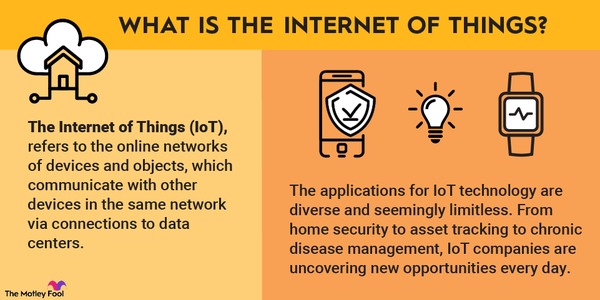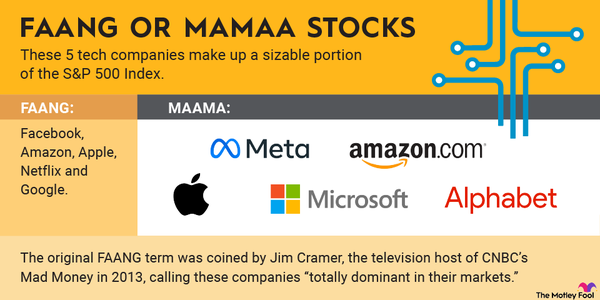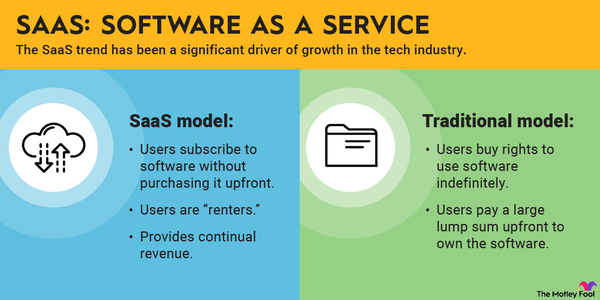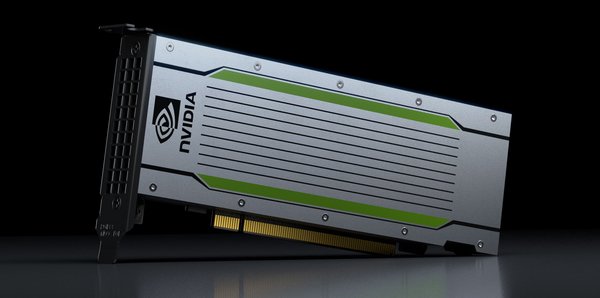Virtual reality (VR) has been around since the 1990s, but the technology only recently started to deliver on the promises made 30 years ago, much to the delight of investors looking to buy virtual reality stocks. While VR is primarily used for gaming and entertainment right now, there’s great potential for the technology in several industries and professions, such as engineering and design, healthcare, defense, and education.
What’s more, virtual reality is only just starting to catch on among both consumers and enterprises. Analysts expect the industry to grow considerably over the next decade. Various research groups forecast a double-digit compound annual growth rate between 2025 and 2030 or beyond.
For those looking to start investing in VR, here are six of the best stocks to consider.

Best VR stocks
The best virtual reality stock contenders
| Company | Ticker | Market cap | Sector |
|---|---|---|---|
| Meta Platforms | NASDAQ:META | $1.3 trillion | Communication Services |
| Sony Group | NYSE:SONY | $141 billion | Consumer Discretionary |
| Axon Enterprise | NASDAQ:AXON | $44 billion | Industrials |
| Qualcomm | NASDAQ:QCOM | $150 billion | Information Technology |
| Nvidia | NASDAQ:NVDA | $2.5 trillion | Information Technology |
| Unity Software | NYSE:U | $8 billion | Information Technology |
1. Meta Platforms
1. Meta Platforms
Meta Platforms, formerly known as Facebook, acquired leading VR technology company Oculus in 2014. It's since helped the company develop and market its virtual reality headsets and software. In 2017, CEO Mark Zuckerberg said he wanted to get 1 billion people using virtual reality.
The popular Meta Quest 3 is the latest iteration of its flagship product lineup. And Meta also has a partnership with EssilorLuxottica's (OTCMKTS:ESLOY) Ray-Ban brand of sunglasses. These Ray-Ban Meta glasses have been a surprise runaway hit for consumers who appreciate mixed-reality hardware options that are also stylish.
The company changed its name to Meta Platforms in late 2021 to emphasize its focus on building the infrastructure to support the metaverse. “We're focused on the foundational hardware and software that are required to build an immersive, embodied internet that enables better digital social experiences than anything that exists today,” CEO Mark Zuckerberg said on the company’s fourth-quarter 2021 earnings call.
Given the CEO's excitement regarding the potential of the metaverse, Meta will undoubtedly keep investing in its suite of VR products, making it a good choice for investors interested in the trend.
2. Sony
2. Sony
Sony developed its own virtual reality headset that is compatible with its popular PlayStation video game consoles, the PlayStation VR or PSVR. This line of products has been among the best-selling VR devices since launching in 2016, along with Meta's line of products. Its latest consumer VR product is the PlayStation VR2 and it has received positive reviews.
In early 2025, Sony launched launched XYN. This business segment has both software and hardware solutions related to VR. However, these VR products have more of an enterprise focus. Sony provides software for capturing objects in 3D, VR headsets that can run computer-aided design (CAD) software, and even screens that display objects in 3D to the naked eye.
With envelope-pushing products for both consumers and professionals, Sony will likely remain a top VR stock for a long time.
3. Axon Enterprise
3. Axon Enterprise
Axon Enterprise provides law-enforcement agencies with Tasers, body cameras, and cloud-based software. And it's been one of the greatest stock investments of the past decade. However, many investors are still unaware that the company is also an important player in the VR space.
The Axon Training Pod is a complete unit that allows agencies to quickly get up and running with VR training. Handheld VR Tasers coupled with VR headsets allow officers to train without using up pricey, physical cartridges. On top of VR weapon training, Axon's solutions include a component for learning community engagement skills to de-escalate situations before needing to use a Taser in the first place.
4. Qualcomm
4. Qualcomm
Qualcomm specializes in wireless technology, but it has a range of other products, including software, processors, and modems. Its system-on-chip (SoC) Snapdragon brand of semiconductor products powers many top VR devices today.
For example, Axon's VR training uses the HTC Vive Focus 3 headset device, which is powered by a Snapdragon XR2 from Qualcomm. Meta Platforms also uses Snapdragon products to power both the Meta Quest 3 and the Ray-Ban Meta glasses.
Qualcomm isn't necessarily a household name because its products aren't usually consumer-facing. But pop the hood on some of the most popular VR hardware devices on the market, and one will often find something from Qualcomm, which allows it to make this list of top VR stocks.
5. Nvidia
5. Nvidia
Some of the companies on this list build and sell finished VR hardware products. However, companies that supply essential technology to hardware manufacturers are just as important. For this reason, Nvidia is a top choice when it comes to VR stocks because it's the leading designer of graphics processing units (GPU) for PCs and game consoles.
For more advanced VR applications -- not just video games -- Nvidia's VR-specific GeForce GTX GPUs are doing a lot of work. Moreover, developers can use the company's software developer kit (or SDK) called VRWorks. Whether it's for hardware or for applications, developers can use the SDK to make images, sounds, and touch interactions more realistic for the VR world.
Given the graphics-intensive nature of virtual reality, Nvidia is poised to benefit, regardless of which company’s hardware winds up becoming the industry standard.
Artificial Intelligence
6. Unity Software
6. Unity Software
There's no point in having high-resolution VR displays and powerful processors unless there are also high-quality 3D images to go with it, which is why Unity Software makes this list of best VR stocks.
Unity Software creates tools for 3D image creation that are used by video game developers, movie studios, industrial companies, and more. And since realism is so important, Unity has real promise in the world of VR.
According to the company, more than 70% of the top-selling games for Meta's Quest platform are made using Unity's software. This is a strong data point that showcases the company's positioning in the VR space. As VR adoption grows, it's likely that more developers will look to Unity's image-creation tools when building quality VR content.
Related investing topics
VR stocks in your portfolio
Adding virtual reality to your portfolio
There are several ways to invest in the future of virtual reality. From consumer hardware to enterprise computing, software companies, and chipmakers all present various opportunities to invest in this fast-growing industry.
The six companies above represent just a handful at the top of the field. Many others are working to develop and further the adoption of VR, which should fuel growth across the industry and make it important to keep watch in this fast-changing space.
FAQ
Virtual Reality Stocks: FAQ
What are the best virtual reality stocks?
Over the last decade, two of the best VR stocks have been Nvidia and Axon. Neither of these companies are exclusively VR businesses -- they each make more money from other things. That said, both have operations that are focused on VR tools, each has performed very well in the past, and both continue to have bright futures ahead.
Is virtual reality a good investment?
Identifying a promising growth trend is only one component of finding an enriching investment opportunity. Some businesses in the VR space could reward shareholders; others will likely lose money.
In addition to finding a good trend, investors should consider which sections of the industry are more promising than others, which companies have long-term competitive advantages in the space, and which are in strong financial positions. It's also important to know which top stocks are attractively balanced between downside risk and upside reward.
What is the leading VR company?
While there's some subjectivity involved with choosing the definitive leader in the VR space, Meta Platforms is undoubtedly among the top businesses. The company is spending a lot of money on its metaverse concept, of which VR is an important component. If and when VR becomes more ingrained in ordinary, daily life, it's hard to imagine Meta Platforms not having an outsized role.
Which company is leaving the VR market?
Microsoft (NASDAQ: MSFT) was once one of the more promising VR companies. But more recently, it has pulled back on its ambitions. The Department of Defense had used its HoloLens headset devices, resulting in billions of dollars of investments. However, the company relinquished its contract to another player in the space. According to Microsoft, its HoloLens 2 is no longer being sold and it won't receive software updates past 2027. It hasn't shared whether there will ever be a HoloLens 3.

























